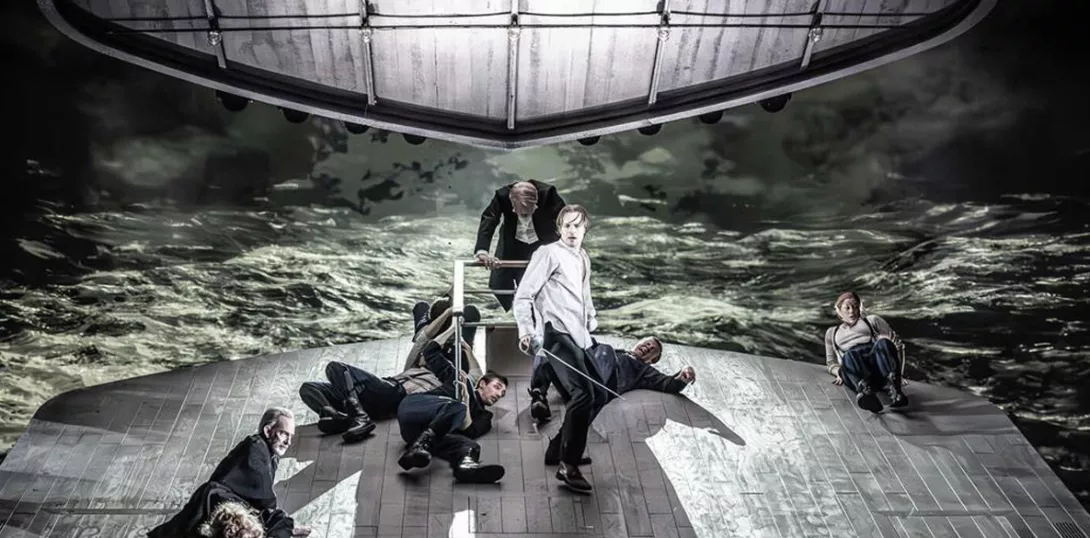GORDON PARSONS is bowled over by a skilfully stripped down and powerfully relevant production of Hamlet
Nan Shepherd for orchestra
An album of deep thinking, environmentally concerned work is recommended by SIMON DUFF
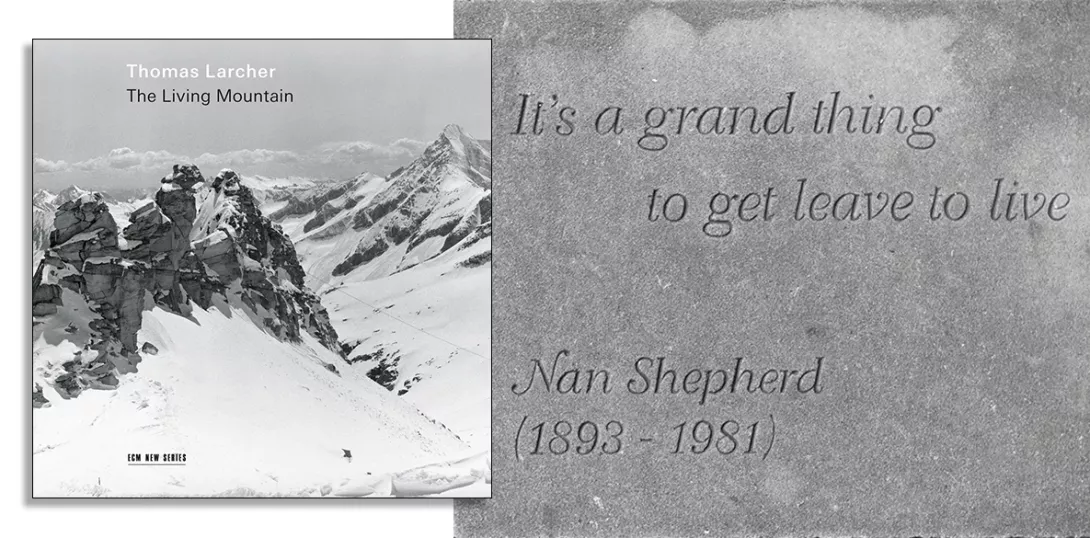
Thomas Larcher
The Living Mountain (ECM)
THOMAS LARCHER is an Austrian composer who grew up in the Tyrol mountain region. His music reflects that intense and majestic geography and the composer is a keen skier and mountaineer.
Larcher studied composition and piano in Vienna and his latest album, his fourth for ECM, contains three works. The first The Living Mountain, composed between 2019-20 scored for soprano Sarah Aristidou, baritone Andre Schuen along with piano, accordion and the Muenchener Kammerorchester conducted by Clemens Schuldt.
More from this author
The phrase “cruel to be kind” comes from Hamlet, but Shakespeare’s Prince didn’t go in for kidnap, explosive punches, and cigarette deprivation. Tam is different.
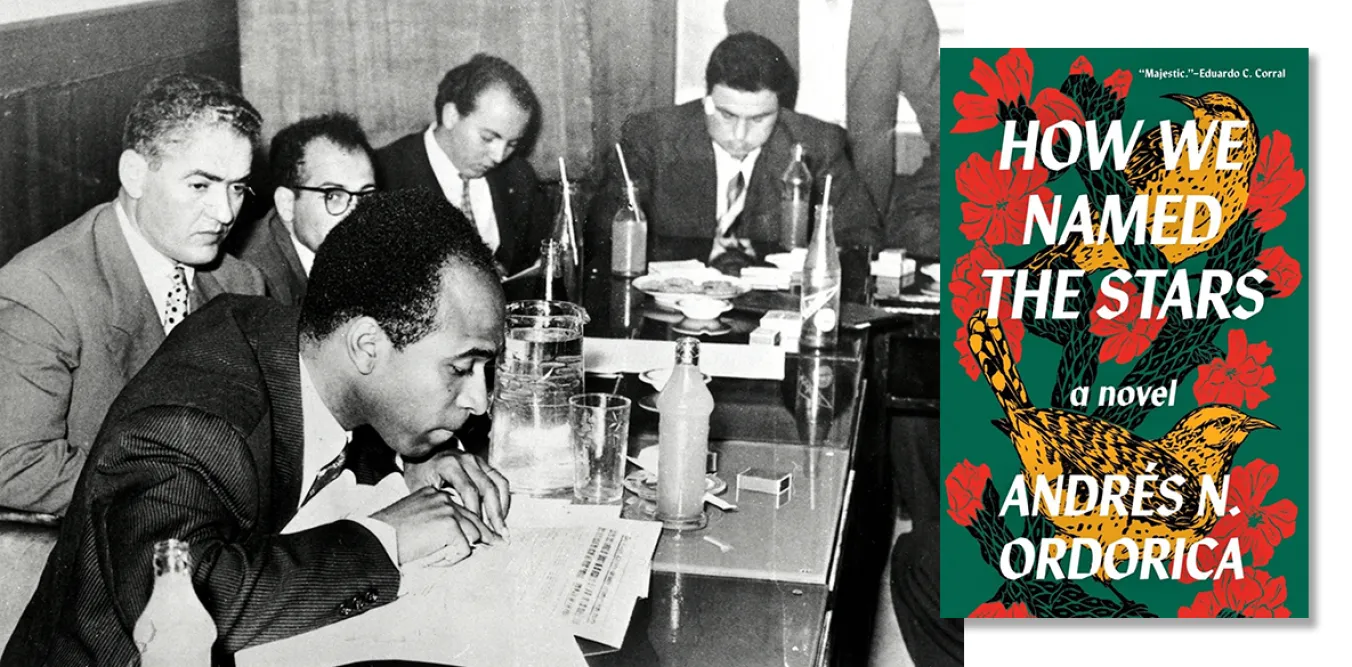
ANGUS REID deconstructs a popular contemporary novel aimed at a ‘queer’ young adult readership

A landmark work of gay ethnography, an avant-garde fusion of folk and modernity, and a chance comment in a great interview

ANGUS REID applauds the inventive stagecraft with which the Lyceum serve up Stevenson’s classic, but misses the deeper themes
Similar stories
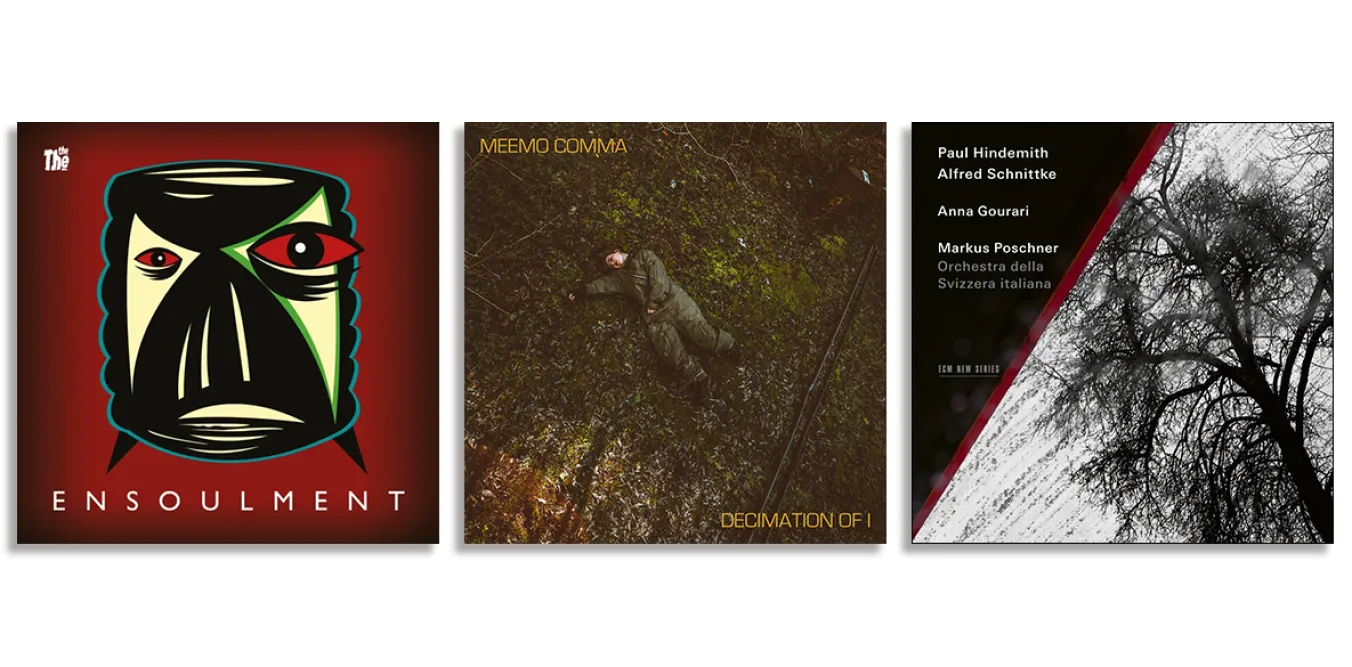
New releases from The The, Memo Comma and Anna Gourari/Orchestra della Svizzera italiana
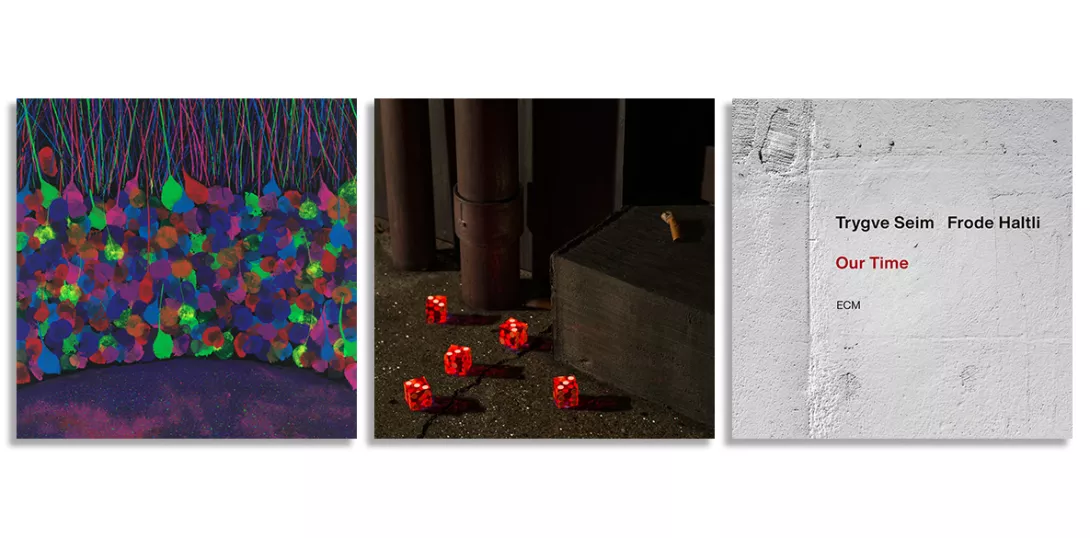
New releases from David Grubb, Bright Eyes and Trygve Seim, Frode Haltli
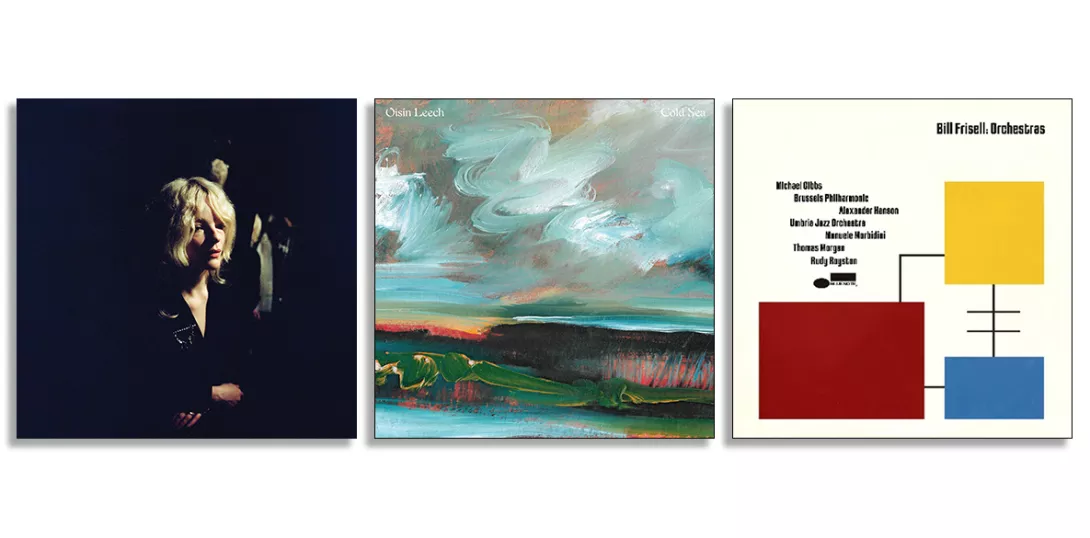
New releases from Jessica Pratt, Oisin Leech and Bill Frisell
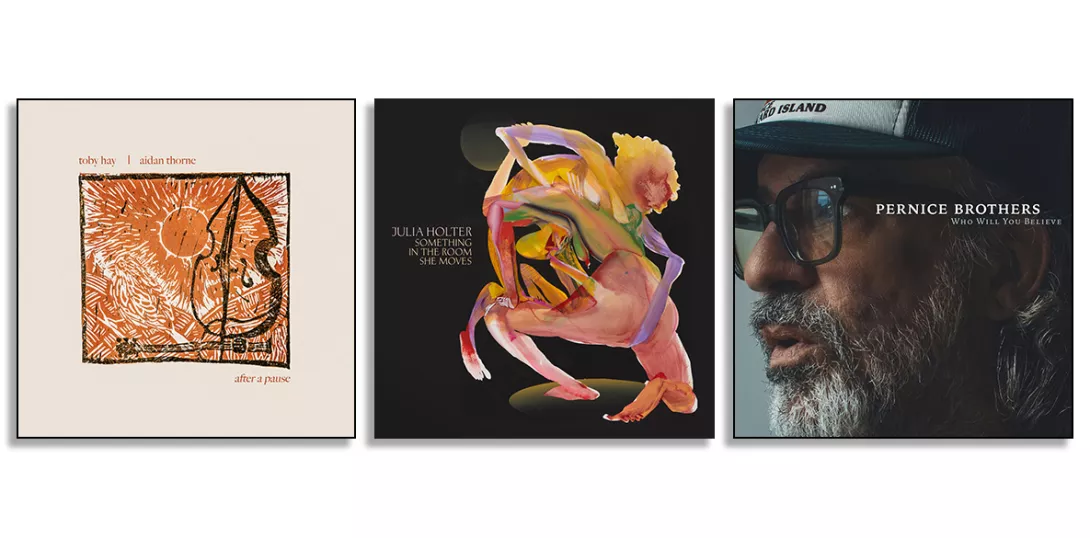
New releases from Toby Hay & Aidan Thorne, Julia Holter and Pernice Brothers


